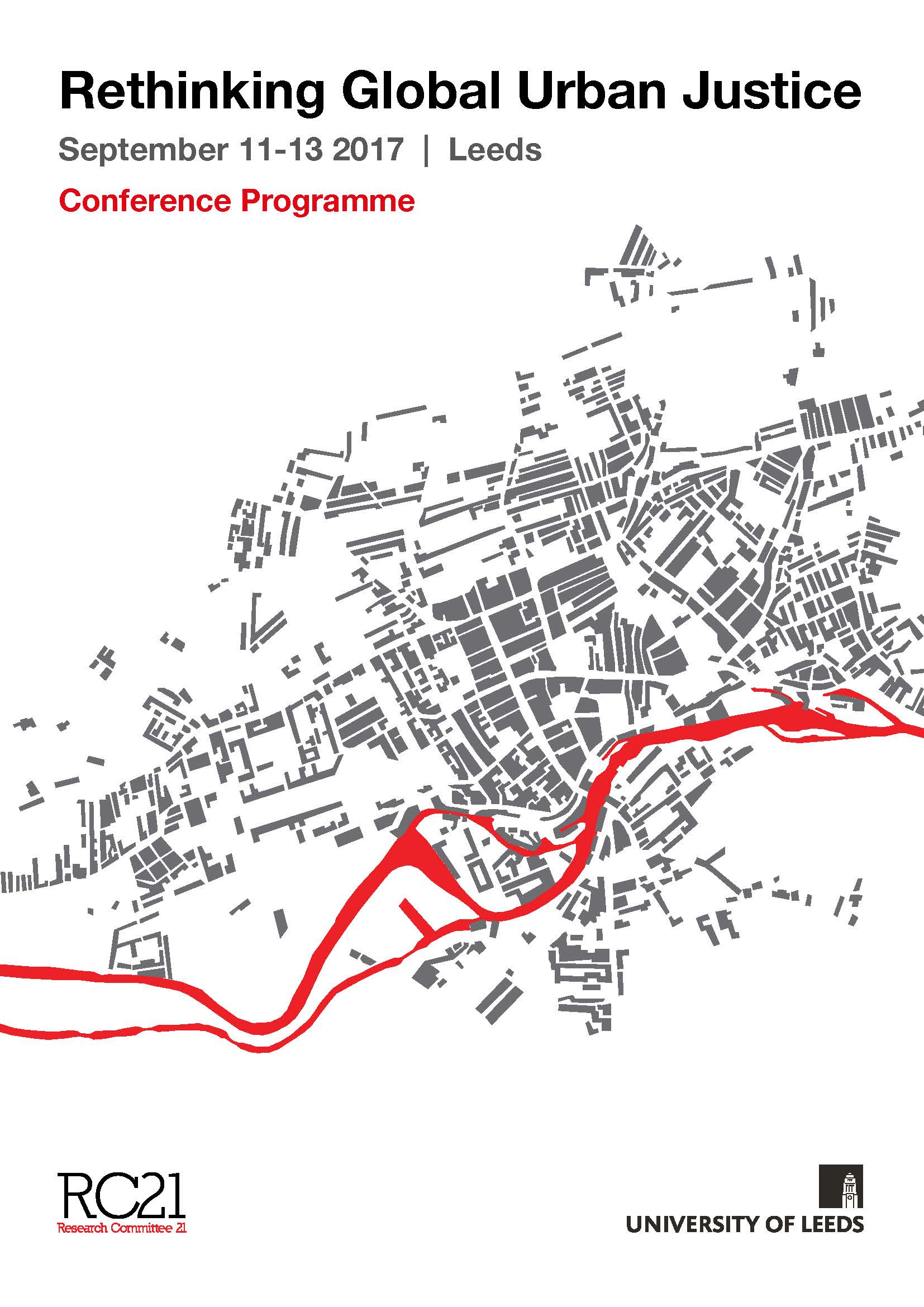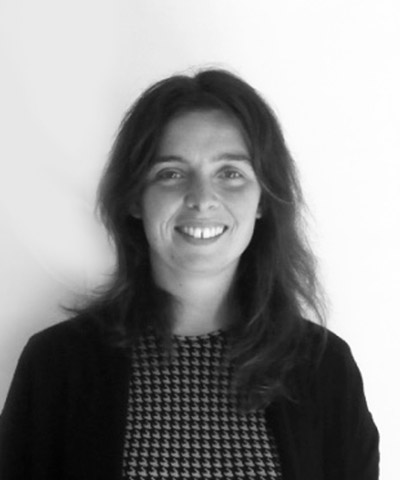From September 11-13, Federica Duca attended the RC21 Conference in Leeds, titled Rethinking Urban Global Justice: An international academic conference for critical urban studies.
Duca convened a roundtable “Elites and (in)justice: unraveling the link”, in the session looking at African cities and comparative urban studies. The full programme is available here.
RC21 : Leeds
We live in an increasingly urban, globalised and unequal world facing multiple crises: from financial and political to infrastructural and ecological. In this context, cities have become both the locus of economic growth and development, and the principle site of social conflict and political contestation over spatial inequalities, belonging, environment and sustainability. Yet many of the forms these dynamics and contestations take are captured only partially or inadequately in both conventional mainstream and radical urban theory. Drawing on past RC21 conference themes, we want to call attention on ‘global urban justice’ as a term to focus our scholarship and research impact on society.
GLOBAL: Our world is at the same time global and also rooted in particular places. Migration and refugee flows, global terrorism, climate change, financial capital, social media are all stretched out and expanding as well locked-in particular spatial arrangements mediated through uneven power geometries. How can urban studies capture the multiplicity and simultaneity of global and territorially embedded processes? Which theoretical progress may expand the learning on global urban developments and further de-colonise knowledge production? What methodological advances are best suited for this theoretical endeavour?
URBAN: The urban condition is not contained in cities; it overspills into rural or cybernetic spaces, and it is increasingly mediated through physical and virtual infrastructures. Urban studies have the advantage of bringing together a multitude of disciplines, but how can different theoretical corpus and methodological traditions effectively communicate with each other, thus providing a better understanding for urban studies? Which are the key challenges of the contemporary urban condition and how do they advance paradigmatic transdisciplinary shifts?
JUSTICE: A multitude of calls for justice are being orchestrated by movements and grassroots groups from cities: against displacement and eviction, racism, police violence, climate change and lack of urban democracy. At the same time people are coming up with their solutions from Rojava’s experimental democracy, grassroots solidarity for refugees and migrants, self-built and cooperative housing, reclamation and self-management of food, water, energy and land in cities. How can urban scholarship engage with these struggles in a novel way and co-produce emancipator knowledge in and beyond the academy? Which new insights can we gain from the multiplicity of social struggles taking place around the Globe? What is the role of the state in creating and/or solving these injustices and how can urban scholars engage in policy making?



